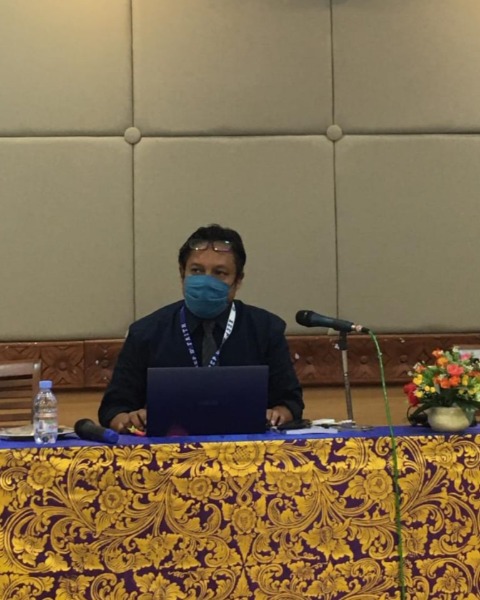Individual Paper
8. Negotiating Margins: Representations, Resistances, Agencies
Session Name: Identity and Representation in East and Southeast Asia
Tourism Development and A Newly Constructed Image of the Japanese: A Study in Penang and Bali
Wednesday, July 31, 2024
16:15 - 18:00 (GMT+7)
Paper Abstract: The relationship between Japan and Southeast Asia countries, including Indonesia and Malaysia has significantly transformed from the occupation to a better political and economic partnership in the past few decades. However, in both countries the bitter legacies rooted in the Japanese occupation period are continuously reproduced in various ways. In Indonesia and Malaysia, the national educational system, folklore and the existence of war museums are popular ways to inherit the bad image of the Japanese across generations. This study focuses on the role of direct encounter between local people in Bali and Penang with the Japanese visitor through tourism ground in shaping the newly constructed image of the Japanese. Employing a qualitative approach, a series of fieldwork reveal that; (1) the collective memories inherited from the Japanese occupation era still exist although the relationship with Japan has reached its best environment, (2)the role of direct interaction to shape a better image of the Japanese in both areas, compared to those who did not encounter the Japanese. However, direct encounter is not the only factor in re-building the image of the Japanese, types of behavior and the economic benefit from tourism sector are also play its influential role. In this case, tourism can be taken as the alternative cultural diplomacy for the societies inheriting conflict from the past, completing the conventional public diplomacy.

Nur Widiyanto
Ambarrukmo Tourism Institute Yogyakarta, Indonesia

.png)